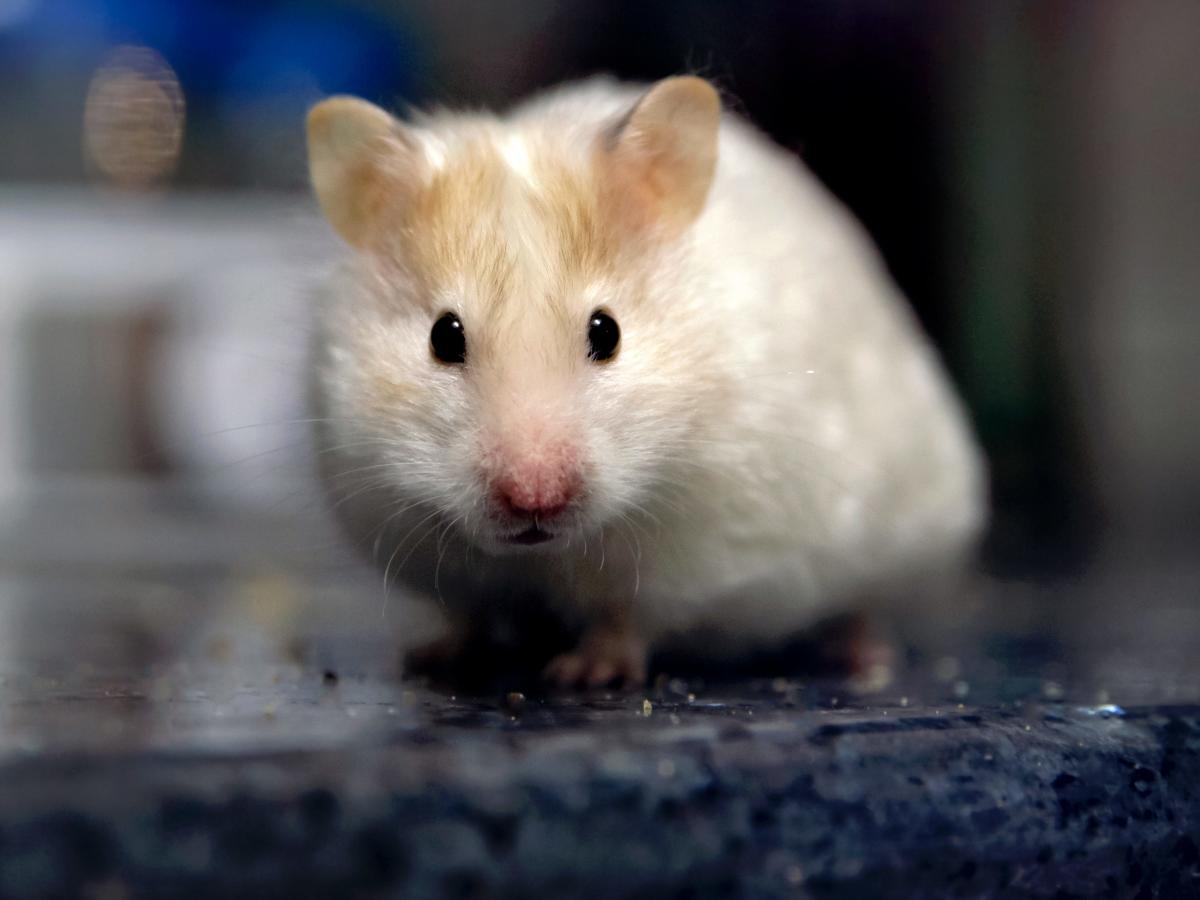Frank Badfinger
Superstar
- Joined
- Aug 4, 2019
- Messages
- 16,160

Well they’re not stupid - they don’t want the poison lol
Many questions remain over the false Covid-19 vaccination certificates bought by stars, sports personalities and business leaders
Since the story broke on May 24, people have been asking how this could happen. But they have also been asking hot it is, that reaction to the news has been muted, almost accepting that this is what…euroweeklynews.com
We have often been asked why so many celebrities, politicians, doctors/scientists don’t oppose vaccines.
"If it's harmful...", "why would Cate Blanchett accept it for her porcelain skin?"

I thought “the science” was settled...no?Aggressive behavior exhibited by the Vaxxed
Unintended consequences of gene-editing, i guess? Instead of turning people into docile creatures, they are now hyper aggressive?

Scientists 'really surprised' after gene-editing experiment unexpectedly turn hamsters into hyper-aggressive bullies
Georgia State University scientists were "really surprised" after a gene-editing experiment led to Syrian hamsters showing high levels of aggression.www.yahoo.com
A team of neuroscience researchers was left "really surprised" after a gene-editing experiment unexpectedly created hyper-aggressive hamsters, according to a statement by Georgia State University (GSU).
- A team of neuroscientists was "really surprised" by the results of a gene-editing experiment on hamsters.
- The team expected that the elimination of vasopressin activity would make the hamsters behave more peacefully.
- Instead, the gene-edited hamsters displayed "high levels" of aggression.
The GSU research, published in Proceedings of the National Academy of Sciences (PNAS), set out to find more about the biology behind the social behavior of mammals.
The scientists used Syrian hamsters and CRISPR-Cas9 — a revolutionary technology that makes it possible to turn on or off genes in cells. The technology knocked out a receptor of vasopressin — a hormone associated with enhanced aggression.
The scientists anticipated that doing so would "dramatically" alter the social behavior of the Syrian hamsters, making them more peaceful. It did change their behavior, but not how they had expected.
"We were really surprised at the results," said the study's lead author, GSU professor H. Elliott Albers, in the university's statement.
We anticipated that if we eliminated vasopressin activity, we would reduce both aggression and social communication," Albers continued. "But the opposite happened."
And watch that tweet mysteriously disappear as if it never existed.



 www.technocracy.news
www.technocracy.news

